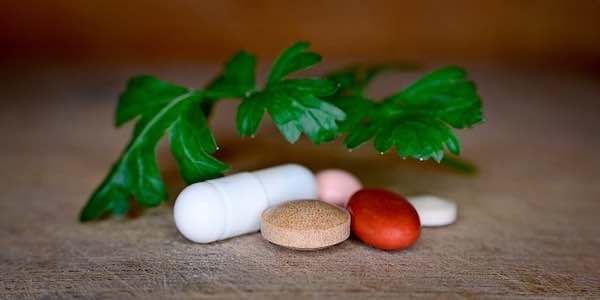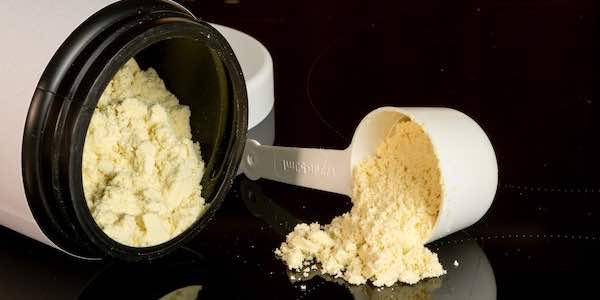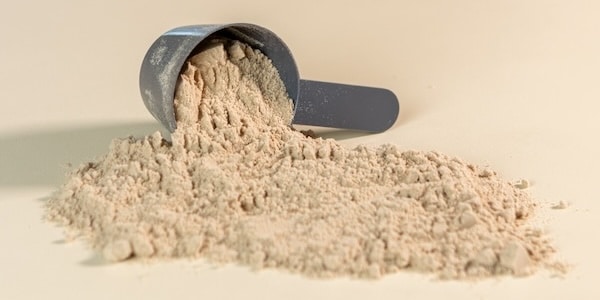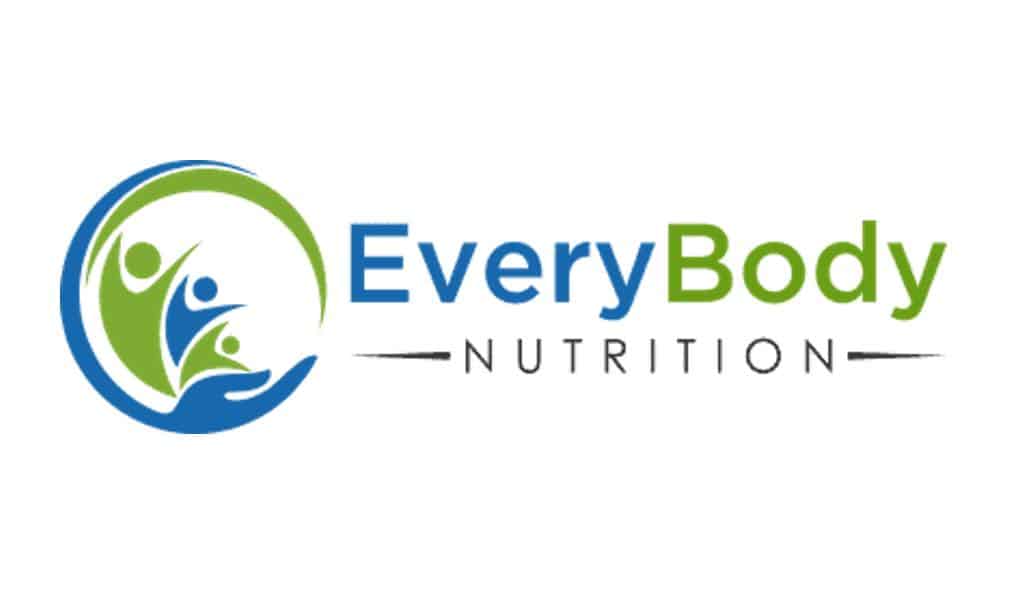Introduction
Embarking on a journey towards better health and strength is a decision that can positively impact every aspect of your life. To achieve these goals, it’s essential to pay attention to your nutrition, with a particular focus on protein intake. In this article, we will explore why high protein matters, how much protein you need, the benefits of including protein-rich foods in your diet, and provide you with a comprehensive list of both animal and plant-based protein sources. Let’s dive into the world of nutrition and fitness, discovering the key to a healthier and stronger you.
Why high protein matters
Protein is the building block of your body and life, playing a crucial role in most every bodily function. When it comes to fitness and health, the importance of protein cannot be overstated. It is essential for muscle repair and growth, aids in the maintenance of a healthy immune system, and contributes to the production of enzymes and hormones. Additionally, a high-protein diet can support weight loss by promoting a feeling of fullness, reducing overall calorie intake.
How much protein do you need?
Determining the right amount of protein for your body depends on factors such as your age, weight, activity level, and fitness goals. As a general guideline, aim for at least 0.7 grams of protein per pound of body weight. However, those engaged in regular strength training or endurance exercises may need more, usually up to 1 gram of protein per pound (2.2 grams per kilogram) of body weight.
Benefits of high protein foods
The benefits of incorporating high-protein foods into your diet are numerous. These foods provide a sustained source of energy, aid in muscle recovery post-exercise, and help in the maintenance of lean body mass. Moreover, a protein-rich diet can enhance your metabolism, supporting fat loss and improving overall body composition.
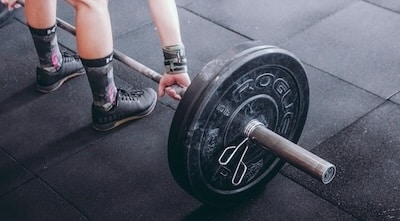
Protein rich food list
Now, let’s explore a diverse range of protein-rich foods to help you meet your nutritional needs and achieve your health and fitness goals.
Lean meats and poultry
Chicken breast
Chicken breast is a lean source of protein, low in fat and calories. It’s versatile, easy to cook, and can be included in various dishes. Packed with essential amino acids, chicken breast is an excellent choice for muscle building and repair.
Turkey
Similar to chicken, turkey is a lean meat that provides a substantial protein boost. It contains important nutrients like B vitamins and selenium, contributing to overall health and well-being.
Fish and seafood
Salmon
Rich in omega-3 fatty acids and high-quality protein, salmon is a powerhouse of nutrients. It supports heart health, reduces inflammation, and promotes muscle recovery, making it an ideal choice for those aiming for a well-rounded diet.
Tuna
Tuna is not only a convenient and delicious protein source, but also is another way to obtain some omega-3 fatty acids. Whether canned or fresh, tuna is a versatile option for salads, sandwiches, or as a main dish.
Eggs
Eggs are a nutrient-dense food, providing an excellent source of complete protein. With a perfect balance of amino acids, eggs can contribute to muscle development, and their versatility makes them a breakfast favorite or a quick snack.

Plant-based proteins
Lentils
Lentils are a fantastic plant-based protein option, rich in fiber and various essential nutrients. They can be used in soups, stews, or salads, offering a satisfying and nutritious meal.
Quinoa
Quinoa is a complete protein, containing all nine essential amino acids. It’s a grain alternative that serves as an excellent base for salads or a side dish, contributing to a well-rounded plant-based diet.
Greek yogurt
Greek yogurt is not only a tasty snack but also a protein-packed option for those following a vegetarian or flexitarian diet. It’s rich in probiotics and calcium, promoting digestive health and bone strength.
Protein supplements
In certain situations, such as intense training or difficulty meeting protein needs through whole foods, protein supplements can be a convenient option. Whey, casein, and plant-based protein powders offer a quick and efficient way to boost your protein intake. Depending on your dietary needs and goals, options include Core ISO protein isolate powder, MTS Nutrition Machine Whey, and Ambrosia Planta vegan plant protein powder.
Conclusion
As you embark on your journey to a healthier and stronger lifestyle, remember that proper nutrition is the foundation of success. Prioritize high-protein foods, whether from lean meats, fish, eggs, or plant-based sources, to fuel your body for optimal performance and recovery. Tailor your protein intake to meet your individual needs, and don’t hesitate to include supplements when necessary. With a balanced approach to nutrition, coupled with regular exercise, you’ll pave the way for a healthier, stronger, and more vibrant you.
Frequently Asked Questions (FAQs)
Why is protein important for muscle growth and repair?
Protein is crucial for muscle growth and repair because it provides the essential amino acids needed to rebuild and strengthen muscle fibers after exercise. When you engage in strength training or any physical activity, your muscles experience tiny tears, which are repaired through a process called muscle protein synthesis. Consuming high-protein foods helps facilitate this process, leading to stronger, bigger muscles over time.
How much protein should I consume daily for optimal health?
The amount of protein you should consume daily depends on your age, weight, activity level, and fitness goals. A general recommendation is to aim for at least 0.7 grams of protein per pound of body weight. For those involved in regular strength training or endurance exercises, the requirement may increase to up to 1 gram of protein per pound (2.2 grams per kilogram) of body weight. It’s important to tailor your protein intake to your specific needs to support muscle recovery, immune function, and overall health.
Can I meet my protein needs with plant-based foods alone?
Yes, it is possible to meet your protein needs with plant-based foods alone. Plant-based protein sources like lentils, quinoa, beans, tofu, and nuts provide a variety of essential amino acids. While some plant proteins may lack one or more essential amino acids, combining different sources (e.g., beans with rice or lentils with quinoa) can help you obtain a complete amino acid profile. Additionally, plant-based protein powders can supplement your intake if necessary.
What are the best animal-based protein sources?
Some of the best animal-based protein sources include:
- Chicken Breast: A lean protein source, rich in essential amino acids.
- Turkey: Similar to chicken, it’s low in fat and high in protein.
- Salmon: High in protein and omega-3 fatty acids, which support heart health.
- Tuna: Another protein-rich fish, convenient and versatile.
- Eggs: A complete protein source, perfect for muscle development.
These foods provide high-quality protein and are packed with other essential nutrients.
Are there any plant-based proteins that are complete proteins?
Yes, there are plant-based proteins that are complete, meaning they contain all nine essential amino acids. Examples include:
- Quinoa: A grain alternative that is a complete protein and works well in salads or as a side dish.
- Soy: Found in tofu, tempeh, and edamame, soy is a versatile plant-based complete protein.
- Chia Seeds: Though consumed in smaller quantities, chia seeds offer a complete amino acid profile.
Incorporating these foods into your diet ensures that you receive all essential amino acids necessary for optimal health.
Is it necessary to use protein supplements?
Protein supplements are not necessary for everyone, but they can be beneficial in certain situations, such as intense training, limited access to high-protein foods, or specific dietary needs. Protein supplements like whey, casein, or plant-based powders provide a convenient way to increase your protein intake, especially post-workout when quick digestion is advantageous. However, whole foods should be your primary source of protein, with supplements used to fill any gaps.
How can I incorporate more protein into my meals?
You can incorporate more protein into your meals by:
- Adding lean meats or fish: Include chicken, turkey, or salmon in your main dishes.
- Using eggs in various meals: Add eggs to breakfast, salads, or as a protein-rich snack.
- Incorporating plant-based proteins: Use lentils, beans, or quinoa as the base for meals or in soups and salads.
- Choosing Greek yogurt: It’s a high-protein option for breakfast or a snack.
Are high-protein diets safe for everyone?
High-protein diets are generally safe for most people, but individuals with certain health conditions, such as kidney disease, should be cautious. Excessive protein intake can put a strain on the kidneys, especially if there are pre-existing conditions. It’s important to consult with a healthcare provider before making significant changes to your diet, particularly if you have any underlying health issues.
What are the benefits of including protein-rich foods in my diet?
Including protein-rich foods in your diet offers several benefits, such as:
- Enhanced muscle recovery and growth: Protein helps repair and build muscles after exercise.
- Increased satiety: Protein promotes feelings of fullness, which can aid in weight management.
- Improved metabolism: A higher protein intake can boost your metabolism, helping you burn more calories.
Can a high-protein diet help with weight loss?
Yes, a high-protein diet can help with weight loss. Protein increases satiety, which can lead to reduced calorie intake by making you feel fuller for longer periods. Additionally, protein requires more energy to digest, a process known as the thermic effect of food (TEF), which can slightly boost your metabolism. Combining a high-protein diet with regular exercise can be an effective strategy for losing weight and maintaining lean muscle mass.
What are the differences between animal and plant-based proteins?
Animal-based proteins, such as meat, fish, and eggs, are complete proteins, meaning they contain all nine essential amino acids in the right proportions. They are also highly bioavailable, meaning the body can easily absorb and utilize them. Plant-based proteins, on the other hand, may lack one or more essential amino acids, but they offer additional benefits like fiber, antioxidants, and lower environmental impact. By combining different plant-based proteins, you can achieve a complete amino acid profile.
How can I ensure I’m getting enough protein if I’m vegetarian or vegan?
As a vegetarian or vegan, you can ensure adequate protein intake by incorporating a variety of plant-based protein sources into your diet, such as:
- Legumes (e.g., lentils, chickpeas, beans)
- Whole grains (e.g., quinoa, brown rice)
- Nuts and seeds
- Soy products (e.g., tofu, tempeh, edamame)
- Plant-based protein powders

